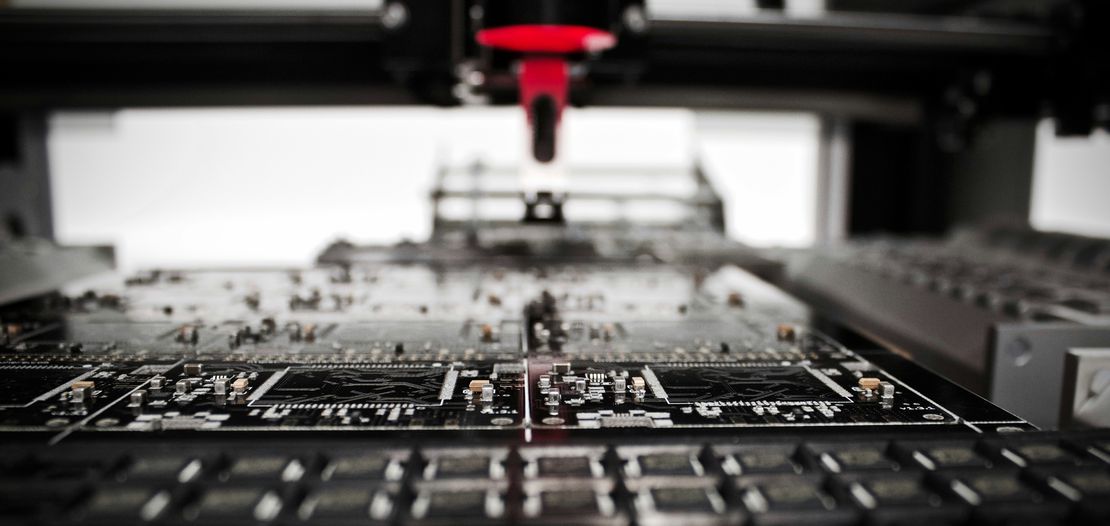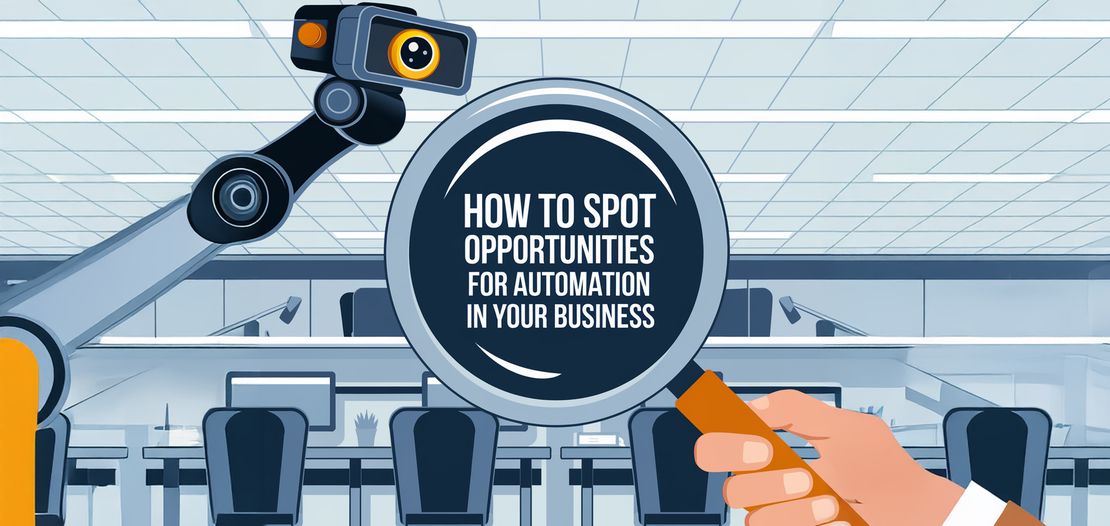
Outthinking automation: the unmatched power of human expertise
- Enrique García Galán
- Automation
- March 19, 2025
Table of Contents
In an era where automation and artificial intelligence (AI) are rapidly transforming industries, a growing narrative suggests that machines may soon outperform humans in various tasks. While AI has indeed made remarkable strides, it’s crucial to recognize that human expertise possesses unique qualities that machines cannot replicate.
The rise of automation and its implications
Automation has permeated numerous sectors, from manufacturing to services, aiming to enhance efficiency and reduce operational costs. A study by McKinsey & Company estimates that activities most susceptible to automation include physical ones in predictable environments, such as operating machinery and preparing fast food.
However, while automation replaces some roles, new opportunities emerge, requiring a blend of technical skills and human-centric abilities. Despite these advancements, certain human attributes remain irreplaceable, particularly in areas demanding empathy, creativity, and complex decision-making—skills that are challenging to encode into algorithms.
The irreplaceable human touch
Some abilities are inherently human and remain beyond the reach of AI:
Empathy and Emotional Intelligence: machines lack the ability to understand and share human emotions, making roles that require empathy, such as counseling and nursing, uniquely human.
Creative Thinking: while AI can process data and recognize patterns, the spontaneous and innovative nature of human creativity is unparalleled.
Complex Decision-Making: humans consider ethical implications, societal norms, and unforeseen variables, making nuanced decisions that AI might overlook.
These attributes underscore the enduring value of human expertise in the workforce.
Case study: human expertise in university scheduling
Consider a real-world example: an optimization algorithm was developed to automate scheduling at a Spanish university.
Despite the algorithm’s sophistication, it couldn’t match the efficiency of an experienced individual who had been managing the schedules for years. Her deep understanding of teacher availability, class requirements, and logistical nuances allowed her to quickly identify and resolve issues, demonstrating the depth of human cognition that AI struggles to replicate.
The synergy of human-AI collaboration
Instead of viewing AI as a replacement, we should consider it a collaborator that enhances human capabilities.
Example: human-AI collaboration in software testing
In software testing, automation excels at repetitive tasks, but human testers bring creativity in:
- Strategy design
- Result interpretation
- Troubleshooting complex issues
This balance ensures comprehensive testing and quality assurance.
Embracing small-scale automation: a strategic approach
To harness the benefits of automation without compromising human value, a strategic approach is to start with small-scale automation.
This allows businesses to:
- Test and learn from automation in controlled scenarios.
- Adapt and refine AI models based on real-world feedback.
- Ensure that automation enhances rather than replaces human expertise.
For more insights, check out Why You Should Start with Small Automations.
Conclusion
While automation and AI continue to evolve, the unique qualities of human expertise—empathy, creativity, and complex decision-making—remain irreplaceable.
By embracing a collaborative approach, where machines handle repetitive tasks and humans focus on critical thinking and emotional intelligence, we can create a balanced and efficient future.
Recognizing and leveraging these human superpowers will ensure that technology serves as a tool to enhance, not diminish, the human experience. 🚀
👉 Contact us today to discover how we can optimize automation while preserving the power of human expertise.


